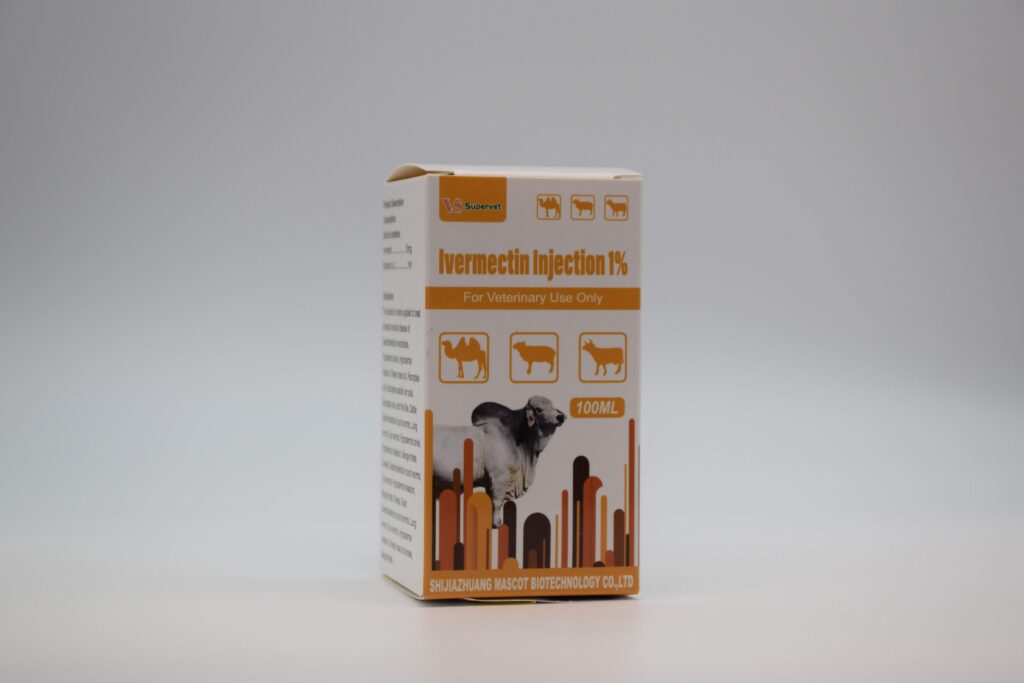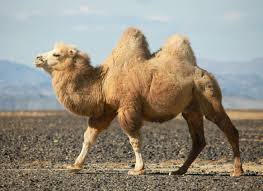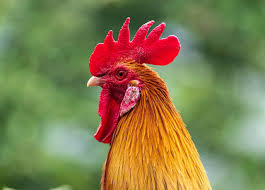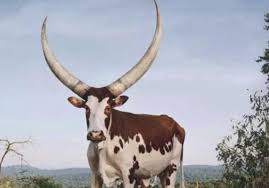
Ivermectin Injection
Name:
Ivermectin Injection
Common Content:
1%; 2%; 3%; 3.15% 10
Common Capacity:
10ml, 50ml, 100ml per bottle 10
Applicable Animals:
Cattle, swine, sheep, goats, horses, camels, alpacas, llamas, poultry (chickens, turkeys, ducks, geese, quail), rabbits, and other livestock. Also used for dogs and cats under veterinary supervision. Widely used in global animal husbandry.
Dosage and Administration:
Cattle, sheep, goats: 0.2 mg/kg body weight, subcutaneous injection, single dose (adjust according to different concentrations).
Swine: 0.3 mg/kg body weight, subcutaneous injection, single dose.
Horses, camels, llamas, alpacas: 0.2 mg/kg body weight, route and dosing similar to cattle.
Dogs: 0.2–0.4 mg/kg body weight, subcutaneous injection, single dose, only under veterinary instruction.
Poultry and rabbits: Use only if specifically prescribed by a veterinarian.
Indications and Symptoms:
Prevention and treatment of internal and external parasites, including gastrointestinal roundworms, lungworms, lice, mange mites, and other ectoparasites.
Precautions:
Do not administer by intravenous or intramuscular route.
Not for use in dairy cows producing milk for human consumption.
Strictly follow withdrawal times for meat.
Observe animals for adverse reactions after administration.
Contraindications:
Do not use in animals with known hypersensitivity to ivermectin.
Not recommended for certain dog breeds (e.g., Collies, Shelties) unless directed by a veterinarian.
Use caution in young, old, or debilitated animals.
Care After Medication:
Monitor for local swelling or allergic reaction. Provide clean drinking water and observe for signs of neurotoxicity (e.g., ataxia, lethargy). Contact a veterinarian if abnormalities are noticed.
Applicable Animals
Animal species suitable for this veterinary medication



